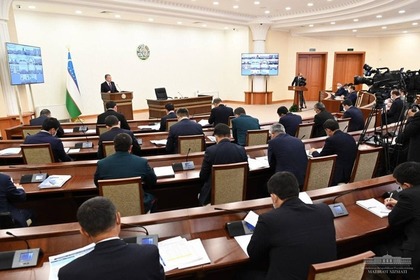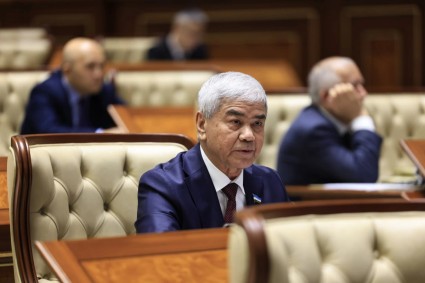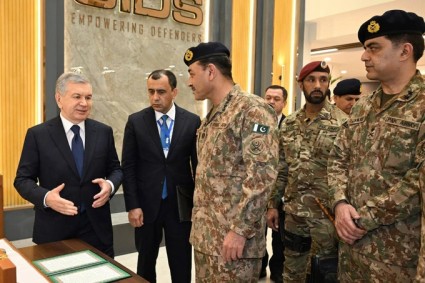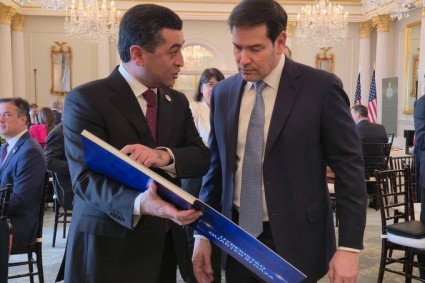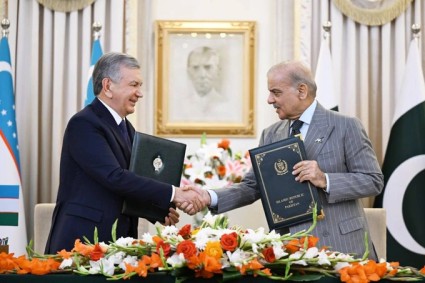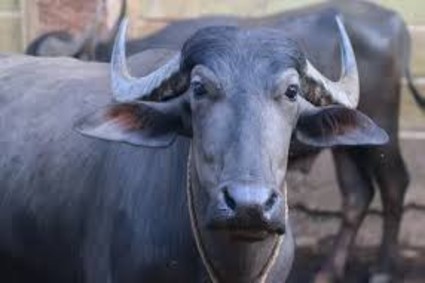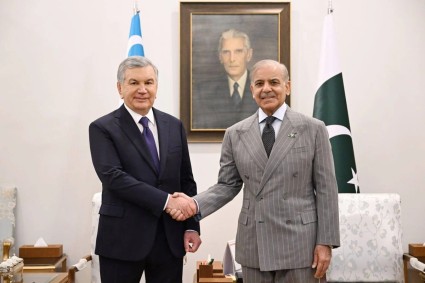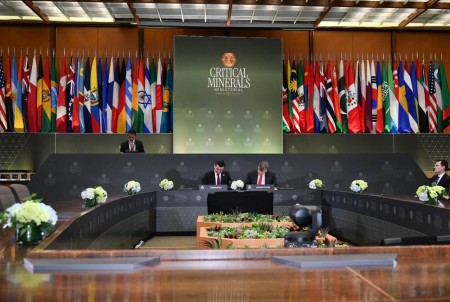On October 27, President Shavkat Mirziyoyev held a government meeting on reforms in agriculture and problems in the activities of clusters, said the presidential spokesman Sherzod Asadov.
Achievements and plans in agriculture
The President began the meeting by summarizing the results of work in agriculture over the past five years.
“The transition to a cluster system has created the basis for dramatic changes in agriculture in a short period of time. In the cotton sector alone, fiber processing increased by 2.5 times and reached 100%, yarn production - 2 times, finished products - 3 times, and exports by the end of the year will reach US$ 3 billion,” the president said.
To create a chain "from raw cotton to finished products", 125 new production facilities were created worth over US$ 2 billion and 150 thousand permanent jobs.
The clusters brought in more than 5,000 units of high-performance equipment, introduced water-saving technologies on 126 thousand hectares and put into operation 143 thousand hectares of land.
Shavkat Mirziyoyev noted that the yield of cotton and grain is growing from year to year. Most of the clusters this year have harvested 35-40 quintals of cotton per hectare.
Increasing labor productivity by at least 2 times, deep processing of raw materials, bringing exports to US$ 7 billion, increasing employment and income in rural areas were identified as key plans in the cotton sector.
Cotton and textiles
The President has put forward the following initiatives in the cotton and textile sectors:
financing of the cotton harvest will start during the arable season, that is, in October;
cotton clusters (60% of the cost of cotton) will be able to receive a loan for 24 months at the expense of the State Support Fund for Agriculture, the grace period of which will be extended from 11 to 18 months;
to finance the cotton harvest (20% of the cost of cotton) in clusters, soft loans will also be allocated from the State Support Fund for Agriculture at a rate of 10%;
soft loans for cotton growing will be financed only through clusters;
part of the interest on the loan taken for the final settlement (20% of the cost of cotton) in excess of the basic rate of the Central Bank (14%) will be reimbursed by the fund.
In addition, it is planned:
- provide a grant of 1 million soums per hectare for activities such as increasing soil fertility and productivity on 1 million hectares of cotton areas assigned to clusters, switching to new irrigation technologies, plant protection services, creating modern laboratories, training farmers.
- deep processing of yarn by clusters will be brought from the current 50% to 70% in the next two years;
- the state will provide financial grants for the purchase of equipment for dyeing fabrics and the production of mixed fabrics, depending on the capacity of the enterprise;
- the state will open a new credit line for US$ 100 million to support the export of enterprises producing dyed fabrics and finished products at a rate not exceeding 4-5%;
- for clusters and other textile enterprises that produce dyed fabrics and finished products and export at least 80% of them, the social tax rate for a period of 3 years will be set at 1% instead of the current 12%;
- they will also be given the opportunity to pay property tax with a three-year grace period. Due to this, at least 500 billion soums a year will remain at the disposal of enterprises.
- starting next year, a practice will be introduced under which yarn processing clusters will be able to use raw cotton and fiber as collateral for obtaining a loan;
- on the basis of an open tender, a separate contract will be concluded with all clusters for a period of 30 years;
- clusters will be allowed to independently resolve issues related to fertilizers, fuel and technical services, and freely import them;
- if cotton farmers stop leasing land, the cluster in this area will be given priority in a tender for the re-lease of vacant land;
- the question of terminating the activity of clusters will be decided only in court on the basis of the conclusion of a republican commission.
The latter question became relevant after the private enterprise Sulton Tex Group was excluded from the list of cotton and textile clusters by the decision of the late Deputy Prime Minister Uktam Barnoyev "for failure to comply with an illegal demand."

